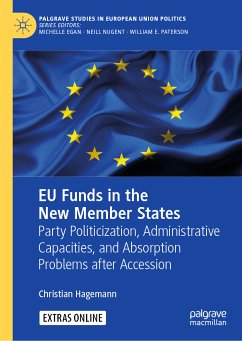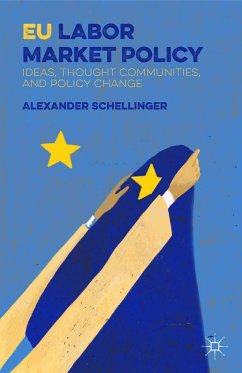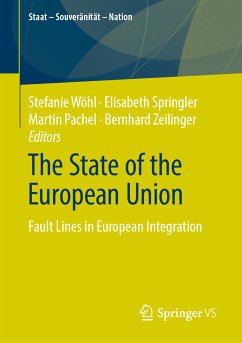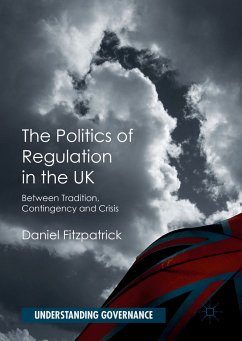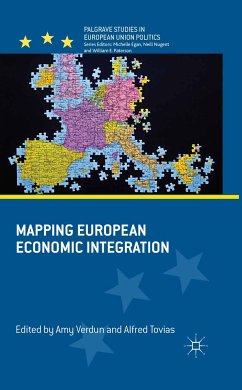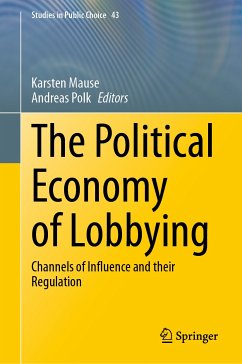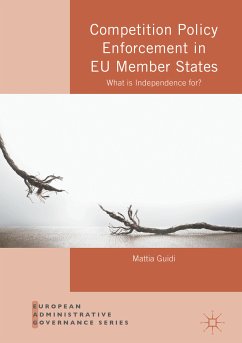
Competition Policy Enforcement in EU Member States (eBook, PDF)
What is Independence for?
Versandkostenfrei!
Sofort per Download lieferbar
64,95 €
inkl. MwSt.
Weitere Ausgaben:

PAYBACK Punkte
32 °P sammeln!
This book investigates the crucial EU policy of competition, which is enforced by the Commission and by national agencies that enjoy various degrees of autonomy from their governments. More and more policy-making activities are nowadays delegated to agencies that cannot be held accountable to parliaments, and ultimately to voters. The author explains why this is the case in the field of EU competition policy and discusses whether independence is linked to improved enforcement - as theories of delegation and common wisdom would suggest. These questions are explored with an in-depth analysis cov...
This book investigates the crucial EU policy of competition, which is enforced by the Commission and by national agencies that enjoy various degrees of autonomy from their governments. More and more policy-making activities are nowadays delegated to agencies that cannot be held accountable to parliaments, and ultimately to voters. The author explains why this is the case in the field of EU competition policy and discusses whether independence is linked to improved enforcement - as theories of delegation and common wisdom would suggest. These questions are explored with an in-depth analysis covering 27 EU countries for 17 years (1993-2009). While the results show that independence is given when countries lack credibility and good reputation, they also point out that autonomy from governments can hardly be associated with improved regulatory output. So, is independence of competition authorities useful to society in the end? This book will appeal to upper-level students and scholars interested in competition policy, regulatory agencies, and European public policy.
Dieser Download kann aus rechtlichen Gründen nur mit Rechnungsadresse in A, B, BG, CY, CZ, D, DK, EW, E, FIN, F, GR, HR, H, IRL, I, LT, L, LR, M, NL, PL, P, R, S, SLO, SK ausgeliefert werden.




